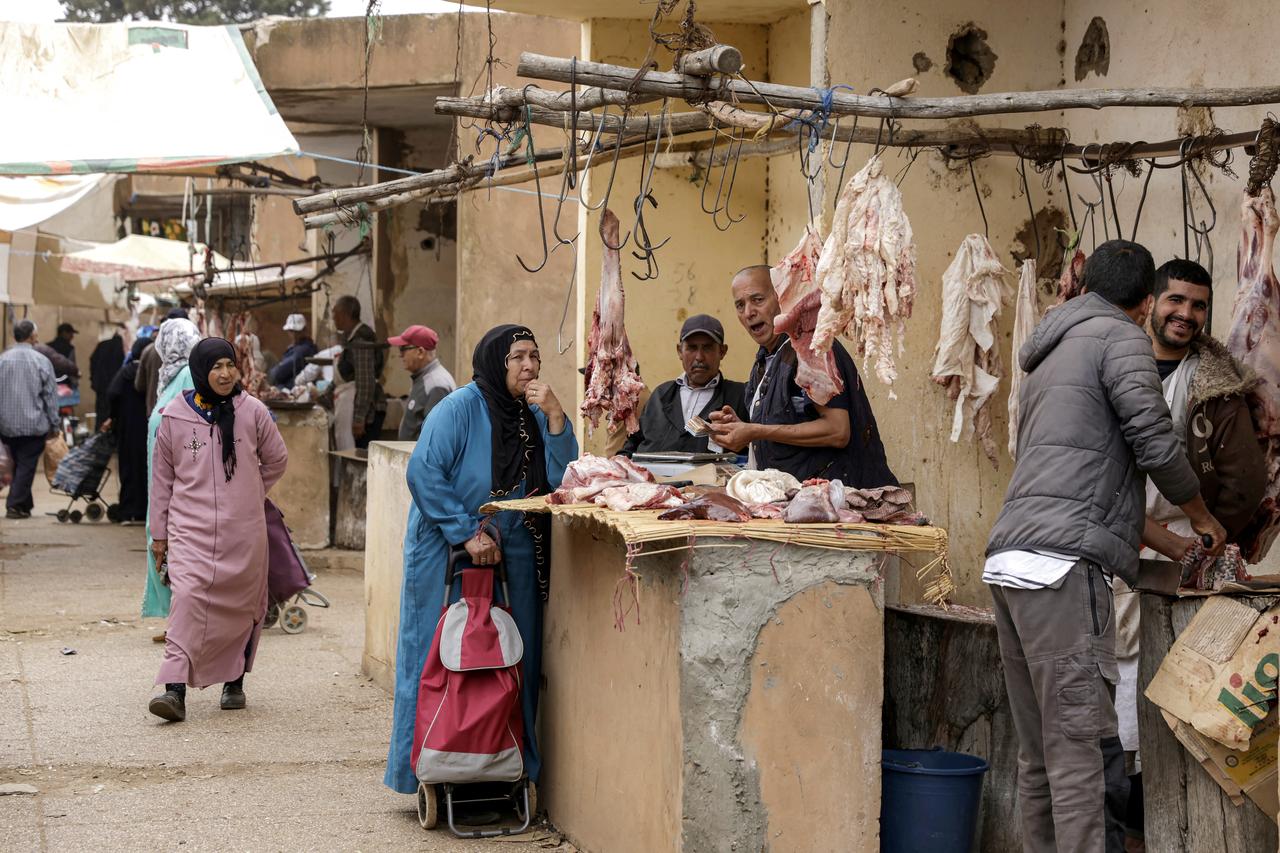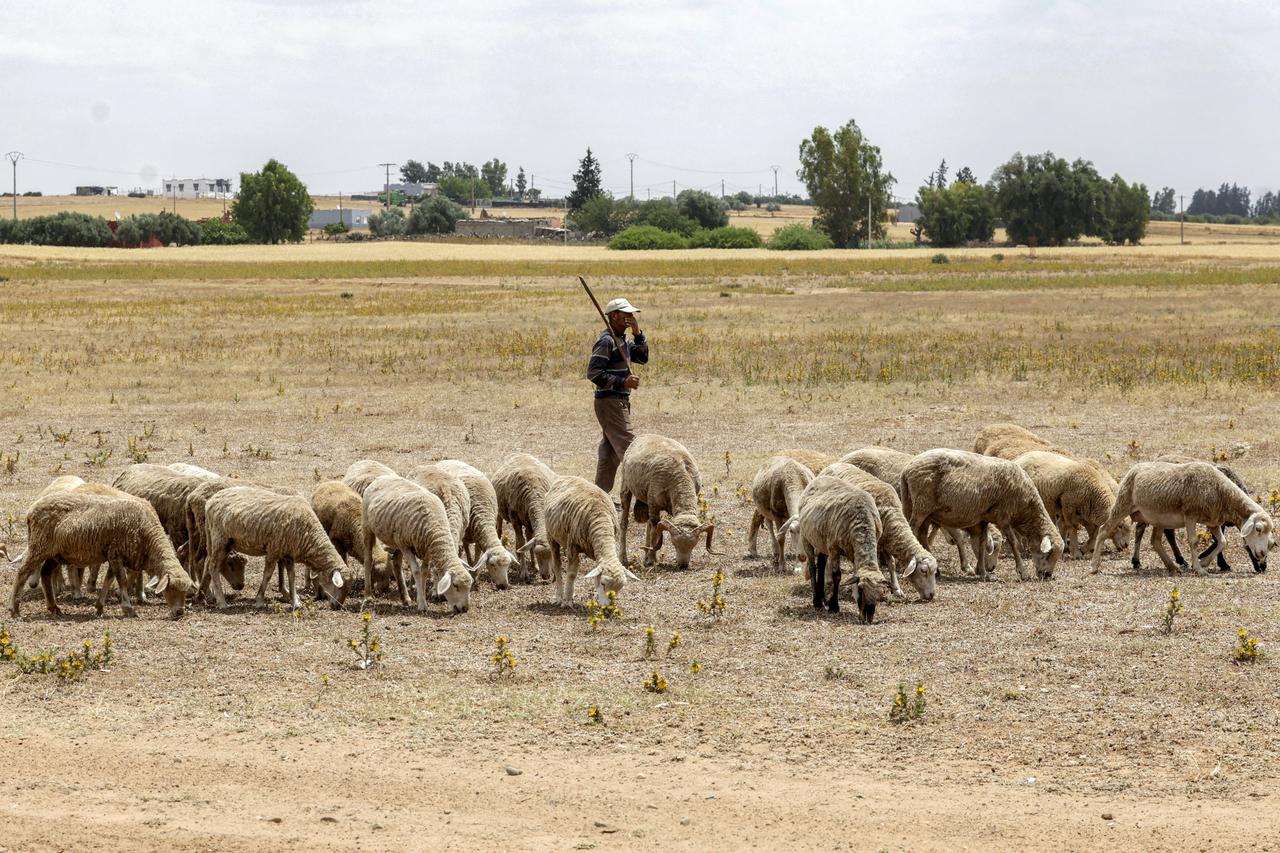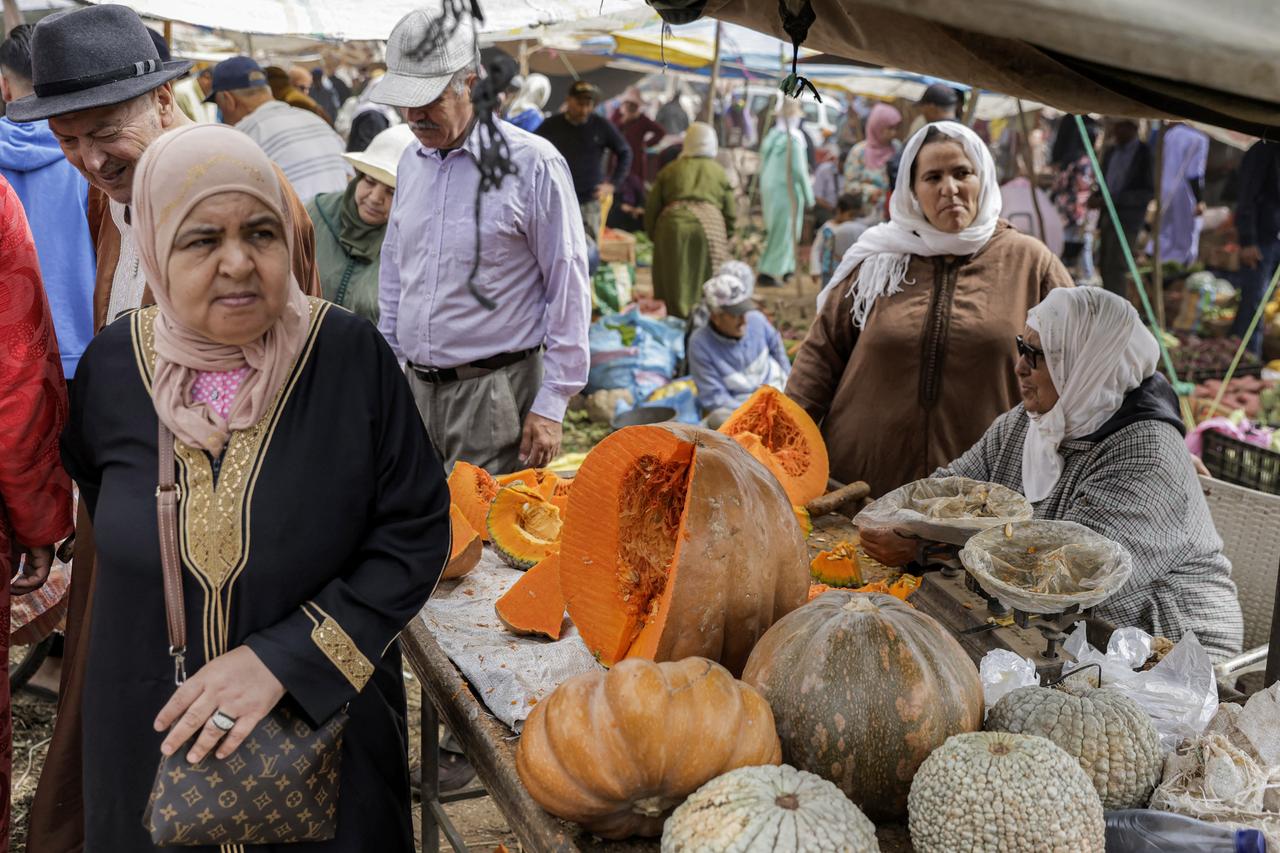
Morocco officially announced on Wednesday evening the cancellation of the traditional animal sacrifice during Eid al-Adha for this year.
The announcement came from Minister of Endowments and Islamic Affairs Ahmed Toufiq, who read a royal message from King Mohammed VI during the main news bulletin on the state-run Al Aoula channel.
In the message, the King urged citizens to refrain from performing the ritual slaughter this year.
The royal address emphasized the spiritual value of the holiday despite the cancellation of a key ritual: “We have always ensured that our loyal people are able to fulfill the requirements of their religion—its obligations and its traditions—in line with the blessings God has bestowed upon the Moroccan nation in its devotion to the pillars of Islam and confirmed traditions. However, we are currently facing an exceptional situation that compels us to temporarily revise some practices, including the ritual of sacrifice during Eid al-Adha.”

The government cited a drastic decline in livestock numbers due to consecutive years of drought and worsening natural resource conditions. Officials explained that the decision aims to protect the remaining herds and ensure the sustainability of the agricultural sector.
A government statement also pointed to the need to reduce non-essential festivities and rationalize the use of natural resources amid the ongoing climate crisis.
According to official sources, special security and inspection units have been mobilized to monitor public and private markets as well as transportation routes. Local authorities have been granted broad powers to enforce the decision, including the right to impose fines and confiscate livestock in case of violations.
Abdel Fattah Ammar, head of the Agricultural Chamber in Casablanca, warned that the decision could have “catastrophic consequences for Moroccan farmers,” explaining that many in the agricultural sector had counted on Eid al-Adha to recoup losses caused by the drought.
In a statement to Hespress, Ammar said: “Canceling Eid al-Adha is an economic disaster for farmers and livestock breeders. The government must prepare to compensate them for their losses, especially considering the significant investments made to prepare sheep for the holiday season.”
He urged authorities not to rush into finalizing the decision, calling instead for inclusive dialogue and consideration of farmers’ voices.

The decision has stirred confusion and controversy, especially following the circulation of social media posts claiming that individuals who carry out animal sacrifices will face fines and that special committees will monitor compliance.
However, legal experts have clarified that the government’s appeal is a recommendation, not a legally binding ban. They stressed that the ritual of Eid al-Adha has not been formally canceled.
Prominent legal expert and head of the Moroccan Center for Legal Awareness, Lawyer Choaib Lamsahal, stated: “These claims have no legal basis. General state directives cannot be automatically enforced as penalties without explicit legal provisions.”
Adding to the controversy, Moroccan social media users circulated a video described as "alarming," allegedly showing law enforcement officers raiding homes and confiscating sacrificial sheep. The footage triggered widespread outrage, although its authenticity has not been independently verified.
Morocco’s decision to cancel the Eid al-Adha sacrifice this year remains a flashpoint in a larger debate at the intersection of religious tradition, legal interpretation, and economic hardship. While the state aims to mitigate the effects of an intensifying climate crisis, many farmers feel they are bearing the brunt of this exceptional measure. Calls are mounting for urgent government intervention to cushion the social and economic blow of a decision that has shaken one of the country's most deeply rooted rituals.